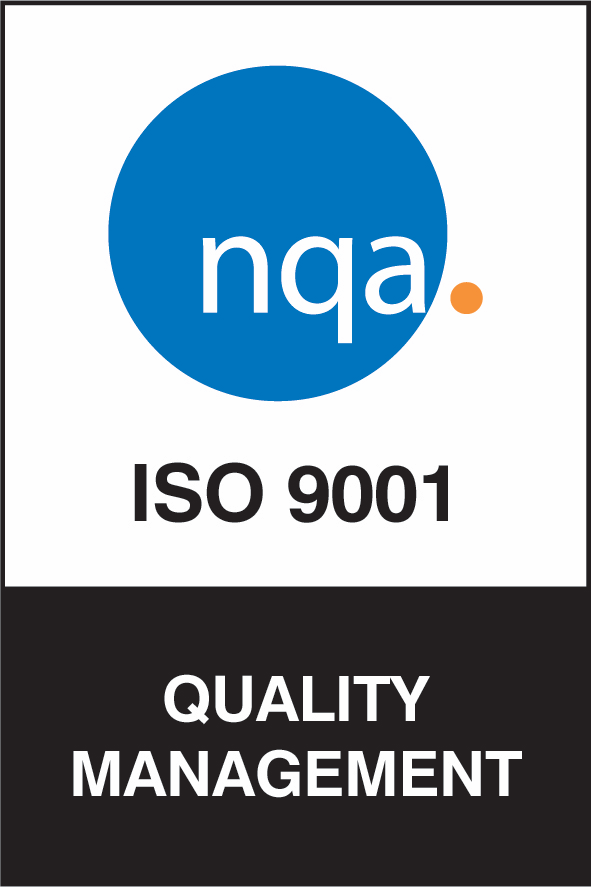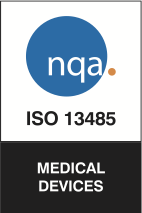Accelerated and Real-time Stability Testing
Data obtained from stability tests incorporating both accelerated studies and real-time is often used to establish the “shelf life” of therapeutic and diagnostic products.
In accelerated stability testing, a product is stored at high temperatures and/or humidity, often referred to a stress testing. Use of stress conditions to predict future real-time stability at lower temperatures is a generally accepted methodology to rapidly assess stability in diagnostic and therapeutic products. The use is based on the Arrhenius equation which has been shown to support the temperature dependence of chemical reaction rates. The Arrhenius equation relies on the fact that chemical degradation increases with an increase in temperature. While accelerated testing and the use of the Arrhenius equation does have some limitations, degradation at the recommended storage conditions can somewhat predict the product stability using known relationships between the acceleration factor and the degradation rate. In real-time stability testing, a product is stored at recommended storage conditions and monitored until it fails product specifications. While accelerated testing is suitable for early studies, the real-time stability study is the “Gold Standard” for establishing the product shelf life.
The Kemp Proteins “Team” have developed, performed and reported on both real time and accelerated/stress stability studies for clients developing both therapeutic and in vitro diagnostics. Our experienced staff will assure that your stability study is conducted under the appropriate conditions for your biologic or IVD. Working with you, we can design appropriate developmental stability studies for a variety of protein-based products. Products can be stored under the following temperature and humidity control:
Storage Temperatures Without Humidity Control
-130 oC to -190 oC (LN2)
-20oC ± 3oC
5oC ± 3oC
25oC ± 3oC
30 oC to 80 oC
Storage Temperatures With Humidity Control
30oC to 80oC ± 3oC at 50% to 80%RH ± 5%
Analytical Testing as part of the Stability Program
Our Analytical Team is experienced in working with a range of methodologies (Analytical Services) for determining the stability of various proteins and protein like products. Using these techniques and the modern equipment in Kemp Proteins’ Analytical Group, we can provide data to support the stability of a protein product based on identifying changes in size and conformation, aggregation, chemical and activity profiles as compared to the reference standard.
Start your scientific discussion today: request a quote.








